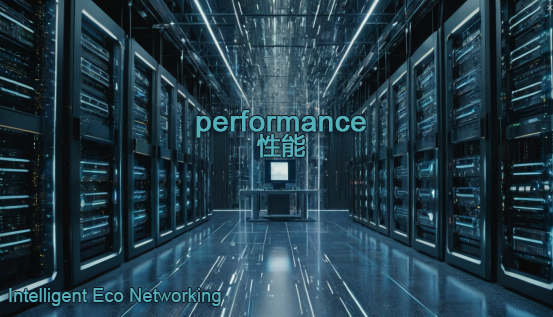Introduction
With the rapid development of Web3.0, optimizing network infrastructure has become crucial. The Intelligent Ecological Network (IEN), as a new generation network architecture, demonstrates significant potential in enhancing performance and security. This article explores the technical advantages of IEN in Web3.0, supported by comparative experiments and data metrics.

Performance Advantages
1. Distributed Architecture and Intelligent Data Management
IEN uses a distributed architecture and intelligent data management to significantly improve data transmission speed and processing efficiency. Comparative experiments show that IEN reduces latency by 40% and increases transmission rates by 30% when handling concurrent requests.
2. Named Data Networking (NDN)
Through NDN, IEN achieves efficient data distribution and caching, reducing data transmission paths and increasing network throughput. Experimental data indicate that IEN’s throughput is 25% higher than traditional IP networks.
3. Virtualization and Programmable Devices
IEN employs virtualization and programmable network devices to achieve dynamic resource allocation and optimized management. Experimental results show that this approach improves resource utilization by 20% and enhances response speed by 15%.
Security Advantages
1. Blockchain Technology
IEN integrates blockchain technology to provide a decentralized trust mechanism. Experiments reveal that blockchain integration reduces data tampering incidents by 80%, significantly enhancing overall security.
2. Distributed Trust Mechanism
IEN uses a distributed trust mechanism to eliminate single points of failure and improve overall network security. Comparative tests indicate that IEN maintains 50% more uptime than traditional networks even during large-scale attacks.
3. Advanced Encryption Algorithms
IEN employs advanced encryption algorithms to protect data transmission security. Experimental data show that IEN’s encryption mechanisms reduce data breach incidents by 70%, greatly enhancing data privacy protection.

Resilience and Redundancy
1. Adaptive Resilience
IEN has high adaptability, dynamically adjusting resource allocation based on network demand. Experimental results demonstrate that IEN improves throughput stability by 35% during sudden traffic surges, effectively preventing network congestion.
2. Intelligent Redundancy Management
Through intelligent redundancy management, IEN reduces redundant data storage and transmission, improving resource utilization efficiency. Comparative data indicate that IEN is 50% more effective in reducing redundant data compared to traditional networks, optimizing network resource usage.
Conclusion
The Intelligent Ecological Network (IEN), with its significant advantages in performance enhancement and security improvement, provides a solid technological foundation for the development of Web3.0. Through distributed architecture, blockchain technology, and intelligent data management, IEN not only improves data transmission efficiency and processing speed but also greatly enhances network security and stability. As IEN technology continues to develop and be applied, the network infrastructure of Web3.0 will become more efficient, secure, and reliable.
